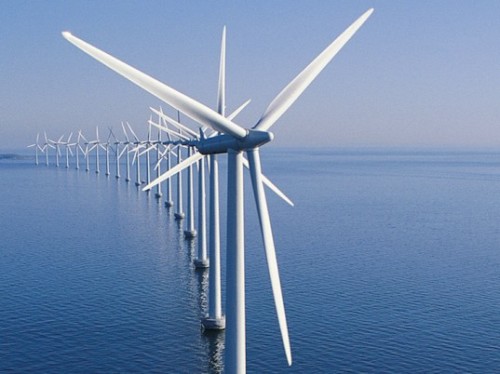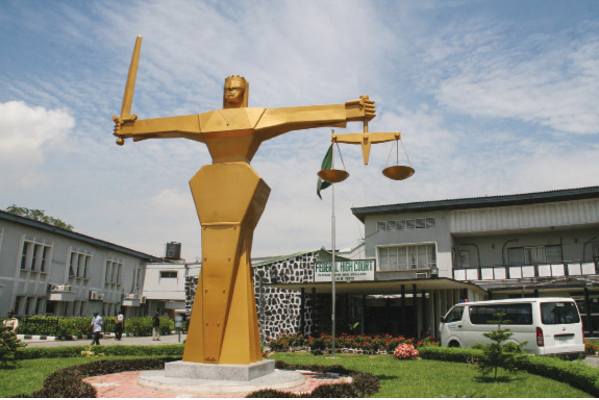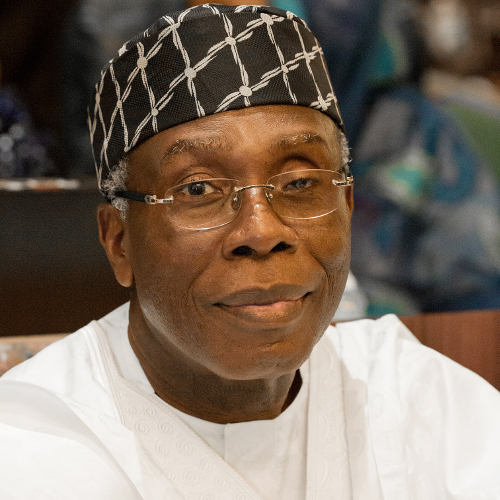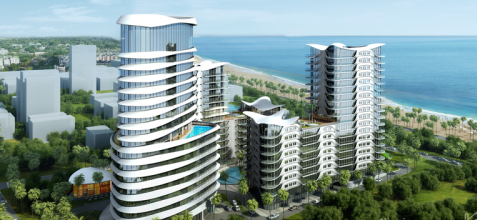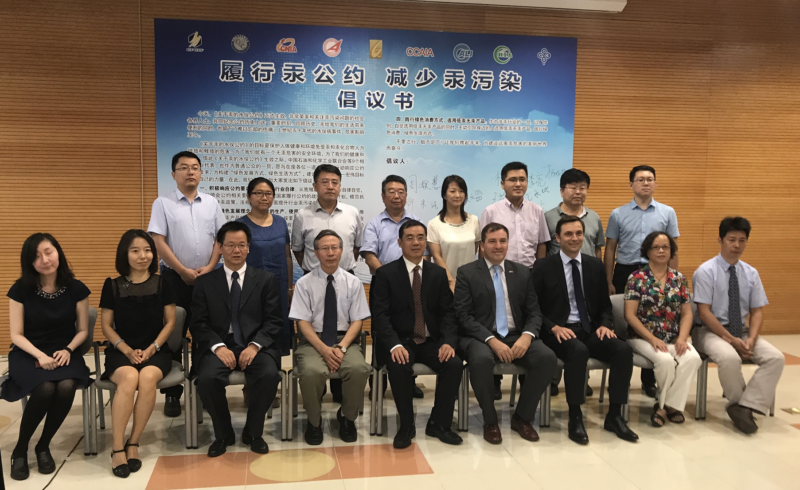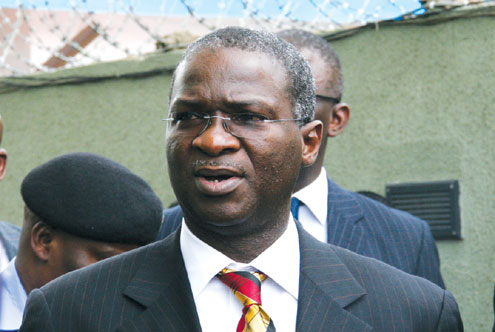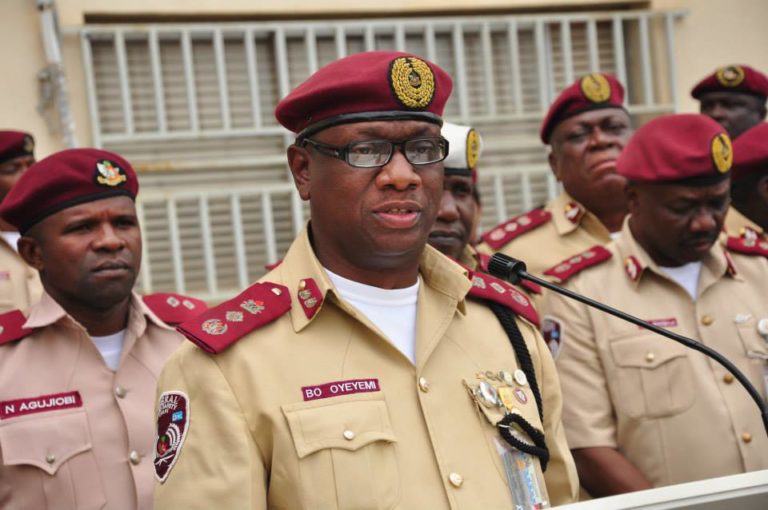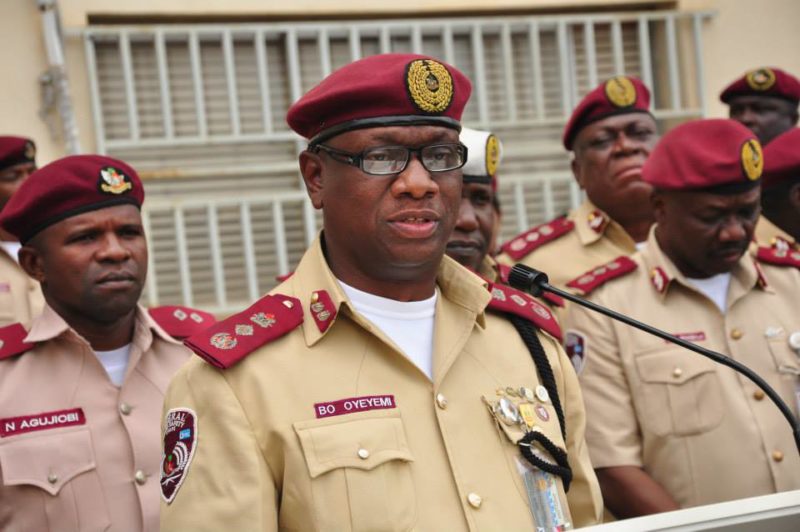The Intergovernmental Panel on Climate Change (IPCC) has invited 101 experts from 41 countries to begin work on the Special Report on the Ocean and Cryosphere in a Changing Climate (SROCC) as Coordinating Lead Authors, Lead Authors and Review Editors. The Special Report outline was agreed in March 2017and the report is scheduled to be finalised in September 2019.
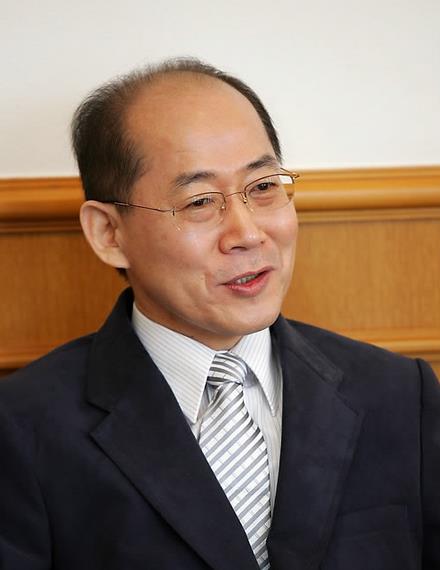
The IPCC received a total of 569 nominations from 57-member countries. The selection process for Coordinating Lead Authors, Lead Authors and Review Editors was conducted by members of the IPCC Working Group I and II Bureaus and led by the Co-Chairs.
“This Special Report is unique in IPCC history and reflects the increasing awareness of how important and at the same time how fragile the ocean is as a life-sustaining unit of our planet,” said Hans Pörtner, Co-Chair, IPCC Working Group II. “The ocean offers many services to ecosystems and humankind, from climate regulation to food supply. At the same time, ocean-cryosphere-atmosphere interactions will shape sea-level rise as a major challenge to human civilisation.” Working Group II assesses climate change impacts, adaptation and vulnerability.
Debra Roberts, Working Group II Co-Chair, added: “As an IPCC Special Report focused on two Earth systems which together cover the majority of the planet’s surface and which affect the majority of the global population, a diverse and skilled author team is critical in ensuring a report of the highest policy relevance.”
“The IPCC looks forward to working with experts from around the world on this important topic that impacts billions of people, from the high mountains and polar regions to the coasts,” said IPCC Vice-Chair, Ko Barrett, who chaired the scientific steering committee for the scoping meeting that drafted the outline of the Special Report.
Of the selected experts, 86 are Coordinating Lead Authors and Lead Authors who have the collective responsibility for the contents their assigned chapters in the report. Fifteen of the experts are Review Editors who will ensure that all substantive comments during the review stages are given appropriate consideration by the Authors. 36% of the selected experts come from developing countries and countries with economies in transition, and 64% are from developed countries. 74% of the selected are new to the the IPCC process. 31% of them are women and 69% men.

